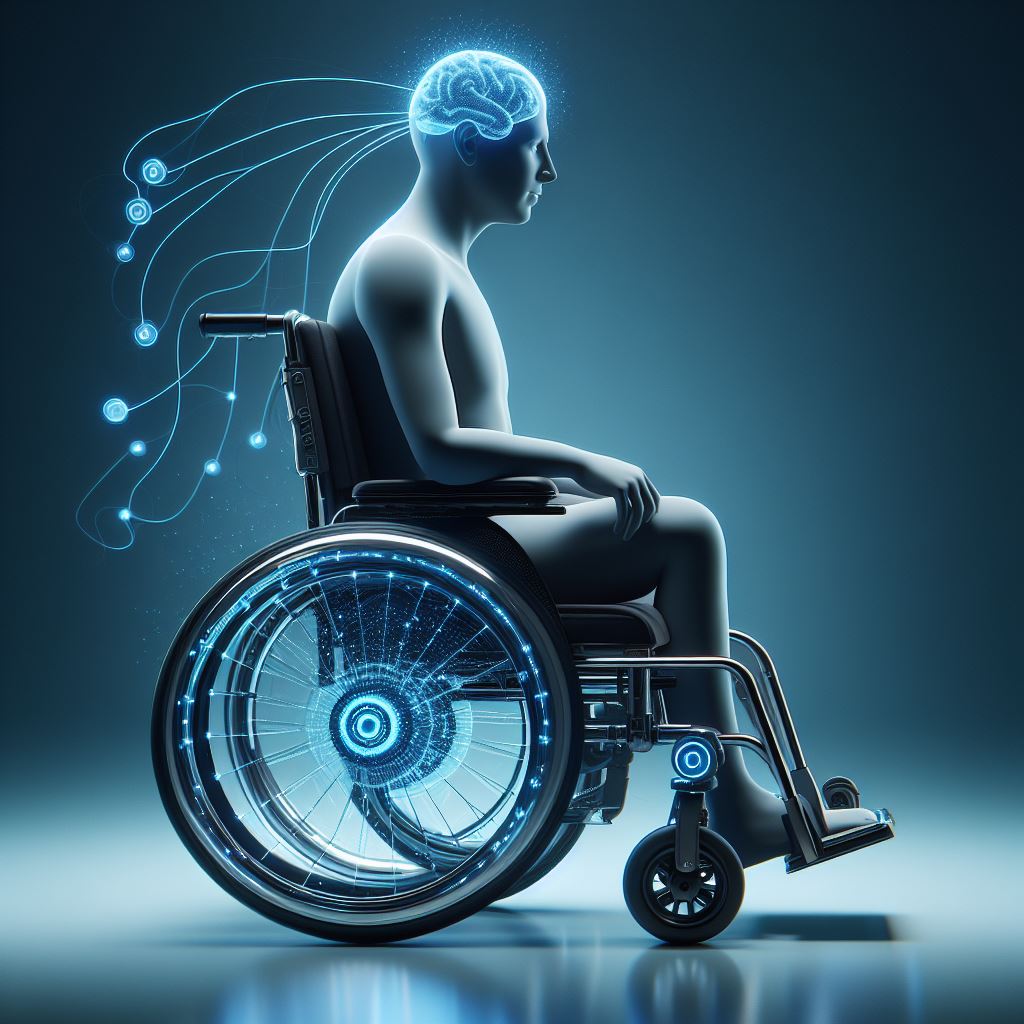IP Protection for AI-Based Medical Innovations

The Future is Now: Securing IP Protection for AI-Based Innovations in Medical Devices
The introduction of AI and machine learning is transforming medical technology – from assisting radiologists in diagnosing conditions more accurately to enabling wheelchair users to control movement with their mind. But with great innovation comes great IP responsibility, and securing IP protection for AI-based innovations brings some unique challenges.
Recent data shows that AI is quickly becoming integral to medical device innovation. Further, the rapid adoption of large language models worldwide is adding even greater opportunity and complexity. While the U.S. Food & Drug Administration (FDA) reports that as of October 19, 2023, no device has been authorized that uses generative AI or artificial general intelligence (AGI) or is powered by large language models, they do track and report AI/ML-enabled medical devices marketed in the United States as a resource to the public about these devices and the FDA’s work in this area. A recap of that list provides insights that include:
- The increase of AI/ML-enabled devices in 2023 (compared to 2022) was expected to reach 30+%.
- Through the end of July 2023, 79% of devices authorized in 2023 are in Radiology (85), 9% in Cardiovascular (10), 5% in Neurology (5), 4% in Gastroenterology/Urology (4), 2% in Anesthesiology (2), and 1% each in Ear, Nose and Throat (1), and Ophthalmic (1)
- In addition to having the largest number of submissions, Radiology has experienced the steadiest increase of AI/ML-enabled device submissions of any specialty.
However, with the fast pace of change, many innovators struggle to keep up with the shifting IP landscape. As your organization develops new AI-powered medical devices, focusing on core areas of IP protection is key:
Patent Protection Challenges & Strategies
While some categories of AI innovation face hurdles to patent eligibility, medical device claims can often overcome these by emphasizing technical integration. Strategic drafting of machine learning specifics alongside hardware elements into a single claim can bolster eligibility. This integrated approach also supports international filing where permissible subject matter rules differ.
Safeguarding Data & Algorithms via Trade Secrets
Equally as important as patents are trade secrets – which can provide indefinite protection of medical device data sets, machine learning models, and software IP not meeting the subject matter requirements or public disclosure aspects of patents. A carefully constructed strategy combining patents, copyright, trademarks, and contracts – alongside vigilant training of employees on maintaining confidentiality – is imperative.
Understanding the Role of Copyright & Database Rights
Although limited in scope, copyright and database rights serve a purpose. Software code and curated data compilations (clinician data, electronic records etc.) qualify respectively – granting exclusive rights and supporting licensing opportunities.
As medical technology companies navigate this shifting IP terrain, guidance from specialized firms like Global Patent Solutions can help ensure critical innovations don’t slip through the cracks. With experiential insight into AI-related patents across industries, GPS analysts and consultants assist in building comprehensive, resilient IP fortresses suited to modern medtech inventions. The firm’s detailed landscape studies also empower clients to capitalize on licensing opportunities.
The meteoric rise of AI promises to reshape healthcare in extraordinary ways. But securing IP protection for AI-based innovations is critical and remains in many ways uncharted territory. Partnering with specialized IP professionals lays a strategic foundation for the road ahead. And the journey’s next steps may surprise us all. How will your medical device company navigate the challenges ahead?
This article is the first in a 4-part blog series focused on the intellectual property impacts of AI in medical devices.
Next up in our series, we look at IP Landscape Tracking, particularly as it pertains to the industry impact of AI.
